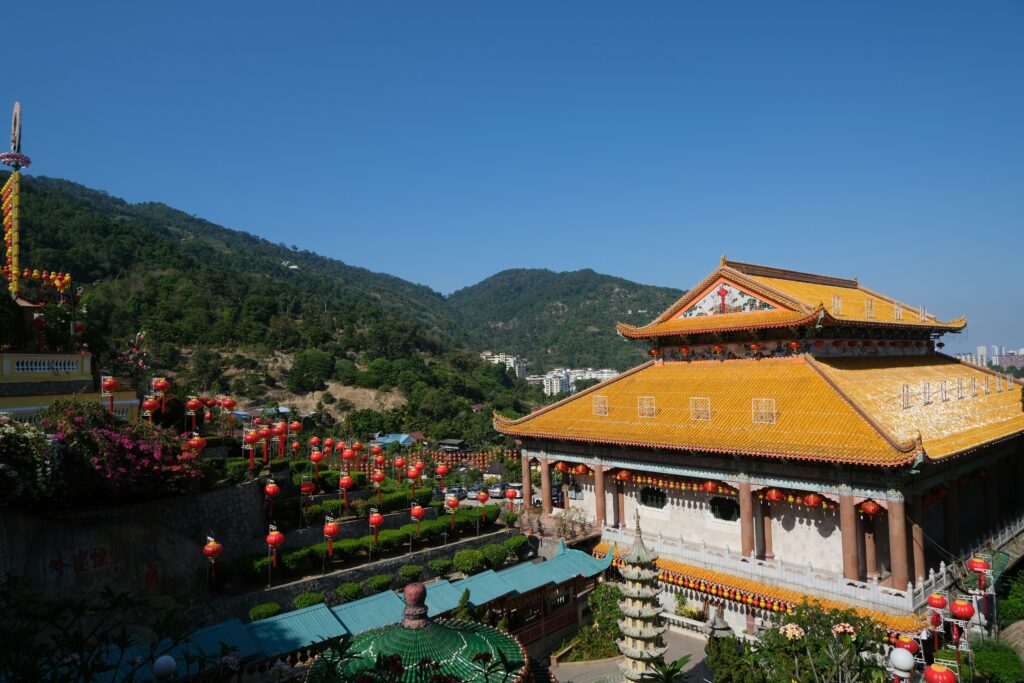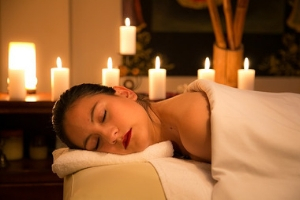Wellness has evolved from an optional amenity to a core driver of luxury hospitality.
In China, this transformation is particularly striking as younger generations demand holistic well-being that integrates nutrition, fitness, and cultural immersion. Resorts and hotels are no longer offering just spa treatments, they are curating experiences that shape lifestyles and influence global wellness travel.
The growth of cities like Suzhou, often referred to as “second-tier” but home to nearly 10 million people, underscores how wellness innovation is no longer confined to traditional hubs. From private island resorts to pet-friendly wellness offerings, operators are rethinking what well-being means for families, individuals, and even pets.
This shift is not only cultural but also financial: properties with strong wellness programs consistently command 20–25% higher ADRs (average daily rates) and longer guest stays.
At the Four Seasons Suzhou, General Manager Mikhail Branham highlights how wellness has transformed over his 28 years in hospitality. From his early days in Bali and Thailand, where modalities like Reiki and meditation became mainstream, to today’s Chinese market, Branham illustrates how wellness has matured into a lifestyle expectation.
Meanwhile, Jonas Schurman, a former Mandarin Oriental executive and current Reformosa board member, explains the business case for wellness, emphasizing profitability, innovation, and future opportunities like sleep science, rehab, and AI-powered personalization.
Together, these insights reveal that the future of wellness travel lies at the intersection of tradition, innovation, and lifestyle design. Properties that embrace this shift will not only thrive financially but also become leaders in shaping the global wellness economy.
Meet the Expert
Mikhail Branham is the General Manager of the Four Seasons Suzhou, bringing nearly three decades of luxury hospitality experience across Asia, including Bali, Tokyo, and Hangzhou. His expertise lies in integrating cultural authenticity with modern spa and wellness experiences.
Jonas Schurman is a board member of Reformosa and a former Mandarin Oriental executive with deep knowledge of how spa and wellness drive hotel profitability. His insights highlight the financial and strategic value of wellness in hospitality.
The Big Idea
The core theme explored is that wellness is no longer optional in luxury hospitality, it is essential.
China’s younger consumers are pushing hotels and resorts to innovate, demanding experiences that go beyond traditional spa treatments. From sleep and rehab programs to AI personalization and family-focused well-being, the industry faces both opportunity and disruption. Properties that adapt will thrive, while those that lag risk being left behind.
Key Takeaways
- Wellness drives revenue: Hotels with robust wellness programs achieve higher ADRs and longer stays.
- China is leading change: Younger Chinese travelers are setting global trends in nutrition, fitness, and holistic living.
- Innovation is essential: Opportunities lie in sleep science, rehabilitation services, family wellness, and AI-driven personalization.
- Authenticity matters: The most successful properties blend cultural immersion with modern wellness science.
- Wellness is expanding: It now includes family programs, pet-friendly services, and integrated lifestyle offerings.
Tools, Strategies, or Frameworks Mentioned
- Visiting Practitioner Model – bringing global healers and experts for rotating residencies.
- Wellness-Driven ADR Framework – using spa and wellness programs to lift room rates by 20–25%.
- Family and Pet Wellness Design – programming that includes kids’ clubs, childcare, and pet-friendly amenities.
- Sleep and Rehab Innovation – new wellness categories shaping the next wave of hospitality.
- AI and Wearables in Wellness – personalization tools to adapt treatments and measure outcomes.
Final Thoughts
“We only scratch the surface of what wellness has to offer. The next wave will come from those bold enough to innovate.” – Jonas Schurman
The wellness economy is shifting from luxury add-on to strategic necessity. For investors, operators, and leaders, the lesson is clear: innovation in wellness is no longer optional, it is the competitive advantage that will define the future of global hospitality.
Looking for expert advice in Spa Consulting, with live training and online learning?
Spa Consulting: wynnebusiness.com/spa-management-consulting
Live Training: wynnebusiness.com/live-educationOnline Learning: wynnebusiness.com/spa-management-courses




